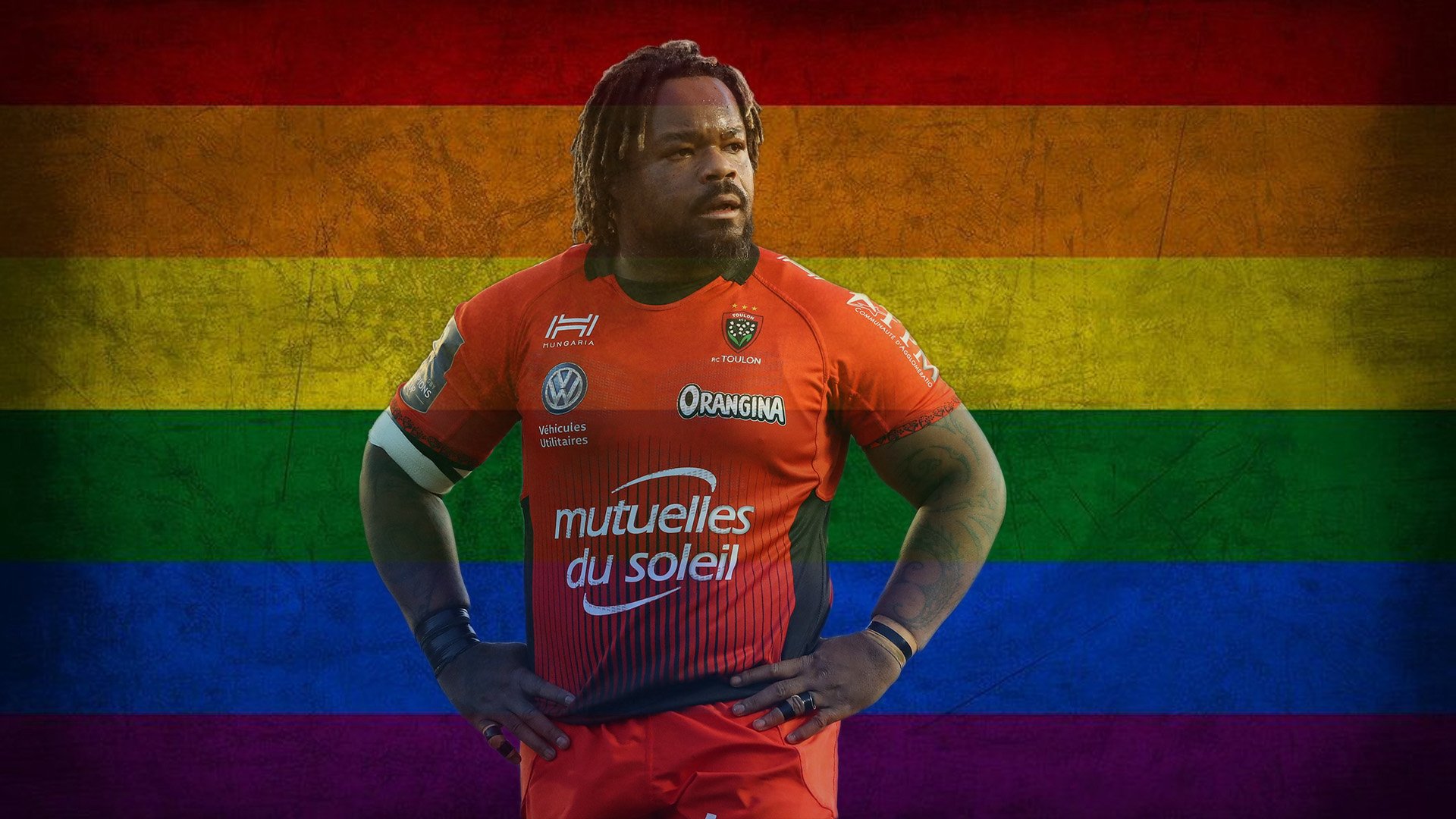What the Bastareaud incident tells us about rugby today

French centre Mathieu Bastareaud could be out of the Six Nations after being cited for audibly directing a homophobic slur towards Sebastian Negri during Toulon’s Champions Cup clash with Benetton Treviso. Whilst Bastareaud initially claimed provocation, he later took to Twitter to apologise for his actions which had attracted the ire of the ECPR.
What is perhaps most interesting about this incident is what its fallout can tell us about the state of rugby union today. Andy Goode, hardly the first name that comes to mind when thinking of squeaky-clean PC enthusiasts, condemned Bastareaud on commentary, and later tweeted his disgust and called for a lengthy ban. The ECPR are reviewing the incident and considering the evidence against him, it is highly likely that Bastareaud will be out of action for at least the next few weeks. The citation process is notoriously inconsistent, but many have compared the utterance to Joe Marler’s “Gypsy Boy” outburst which saw the England prop miss two matches and pay a fine of £20,000 after being found guilty of using discriminatory language against Samson Lee.
That behaviour such as this is taken so seriously shows how the game reflects wider society. Racism, homophobia, sexism and other forms of discrimination have no place in the modern world and these changes are slowly starting to trickle in to areas like sports. The RFU handed out a two-year Twickenham ban to supporters found guilty of directing homophobic abuse towards Nigel Owens, and David Pocock reported comments similar to Bastareaud’s to the officials during a clash between the Brumbies and Waratahs. It’s not necessarily that these incidents are becoming more frequent, but that we take them more seriously when they do.
That’s not to say that the new focus on stamping out discrimination isn’t without its critics. Whilst the vast majority of rugby supporters, commentators and players swiftly condemned Bastareaud’s comments, there remains a vocal minority who have complained that this represents the game “going soft”. To them, sledging or abusing of opponents is all part of the game and the outcry is just another example of political correctness gone mad.
These views unfortunately miss the point. Bastareaud is not facing criticism because he insulted his opponent, it’s because he called him a “f***ing f****t”. Those who claim that this isn’t homophobic are failing to acknowledge the interactional relationship between language and society. Several commenters online have suggested that unless Negri is gay, then there’s nothing inherently discriminatory about the language but this view ignores the wider implications of linguistic choices. Negri’s sexual identity is irrelevant in this context – to use language which is imbued with discriminatory connotations against a particular community as an insult indicates that membership of that group is in itself A Bad Thing, and that one should feel insulted to be compared to it. LGBT+ rugby fans watching the match (and there will have been many) will have heard one of the most notable rugby players in Europe using their identity as an insult.
It’s perhaps important to temper these discussions with some clarification. Using this slur does not in and of itself mean that Bastareaud is homophobic, though it certainly does not help dispel that perception. Even just statistically speaking, he will have friends, family members, team mates and opponents who do not identify as heterosexual, and he may hold no animosity towards them. But using this language at best comes from a place of ignorance. It’s 2018, if you’re using someone’s sexual orientation as an insult, you’re an arse.
Language evolves and what was once considered acceptable will shift over time. Plenty of us will have used language in the past that, on reflection, speaks to a position of ignorance. Hopefully, we learn from these mistakes and can move forward. There are certain lines that should not be crossed and whilst it may sometimes seem like a challenge to keep up with the movement of these lines, it is a challenge worth trying to meet so that rugby can become a more inclusive environment for everyone.
















































